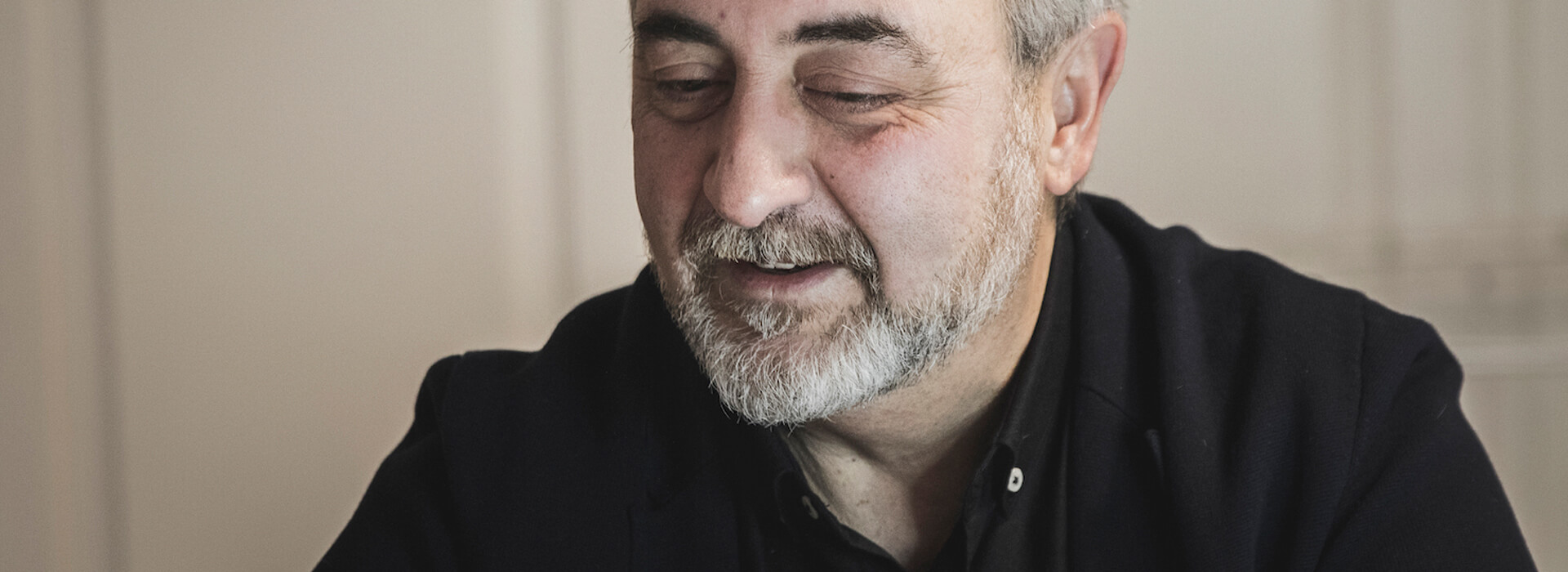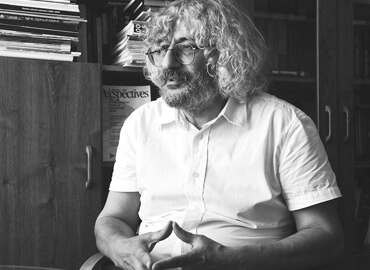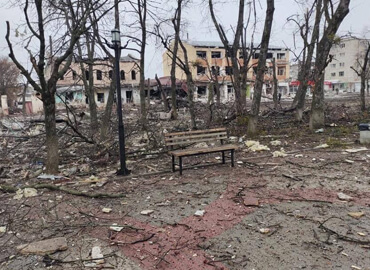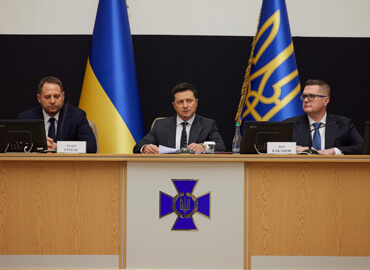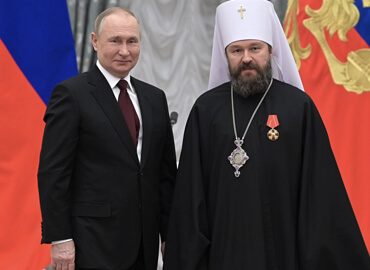The first day of the trial of Yury Harauski [Yuri Garavsky], who was allegedly involved in kidnappings and assassinations of Belarusian opposition politicians in 1999, is over in the Swiss town of St. Gallen. It is the first-ever case centred around the Belarusian political events that has made it to court under universal jurisdiction. Reform.by asks Yuri Dzhibladze, Head of human rights and rule of law department at iSANS, about the special significance of the legal proceeding.
In his opinion, Swiss justice is hardly going to сonfine itself to merely Harauski’s contribution to abducting and murdering Yury Zakharanka, Viktar Hanchar, and Anatol Krasouski.
“The first reports from the courtroom suggest that the judge has no intention to just stick to the role of the accused Harauski in the kidnappings and assassinations of opposition politicians. He started to put questions regarding other presumptive defendants on the very first day of the hearing. At the moment, there is only one accused person, but Swiss legislation allows for pressing charges and holding a trial in absentia, i.e. in the absence of a defendant. Consequently, it cannot be ruled out that the prosecutor’s office will level accusations against the persons whose names are disclosed by Harauski. It is worth noting that Switzerland is a party to the International Convention for the Protection of All Persons from Enforced Disappearance. And the investigation into such cases is not only the country’s right, but its responsibility as well,” Yuri Dzhibladze says.
According to him, the verdict in the Harauski case will give an impulse to investigating Belarus-linked crimes within the framework of universal jurisdiction in other countries.
“The sentence awarded by the Swiss court will not become a precedent which the courts of other countries will be able to directly refer to. But still, it will be of vital importance. Firstly, it is pivotal that this will be the first-ever Belarusian case investigated and brought to a verdict within the framework of universal jurisdiction. This fact will give a boost to examining the cases stemming from the developments of 2020: they are based on complaints filed by Belarusian survivors of torture and other crimes to law enforcement authorities in Lithuania, Poland, Germany, and the Czech Republic. To date, there have been several dozen cases of that nature. But if inquiries into these allegations are fruitful and if corresponding charges go to courts, one may expect a significant increase in the number of complaints — after all, thousands of Belarusians appear to be victims of the regime. Numerous cases are carefully documented by non-governmental organisations; they are ready for being submitted to law enforcement agencies.
Secondly, it is not unlikely that during the trial some new circumstances that might shed light on the details of those tragic events will be revealed, which will enable Swiss prosecutors to initiate an official investigation into the activity of Dzmitry Paulichenka [Dmitry Pavlichenko] and other alleged participants in the kidnapping and murder of Belarusian opposition politicians. Such trial would become an independent and high-profile hearing which might result in receiving evidence of the involvement of officials from within Lukashenka’s inner circle in these crimes.
Thirdly, the trial of Harauski will definitely gain heightened political and economic significance. It is quite telling that the first verdict concerning those events will have been delivered almost a quarter of a century after the tragedy. This shows how much time it sometimes takes people to restore justice, but also proves that the restoration of justice is still possible. This gives hope to the relatives of those hit by human rights violators and inspires confidence into those lawyers and human rights defenders who are engaged in supporting cases related to the events of 2020,” Yuri Dzhibladze believes.



